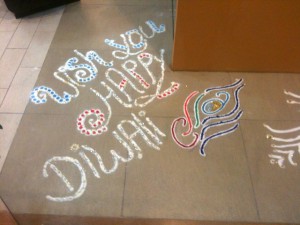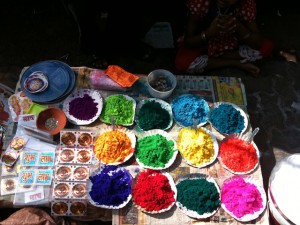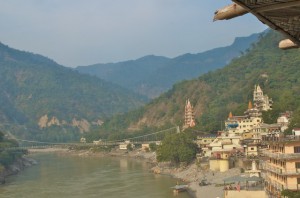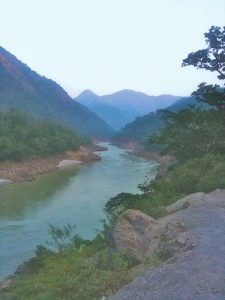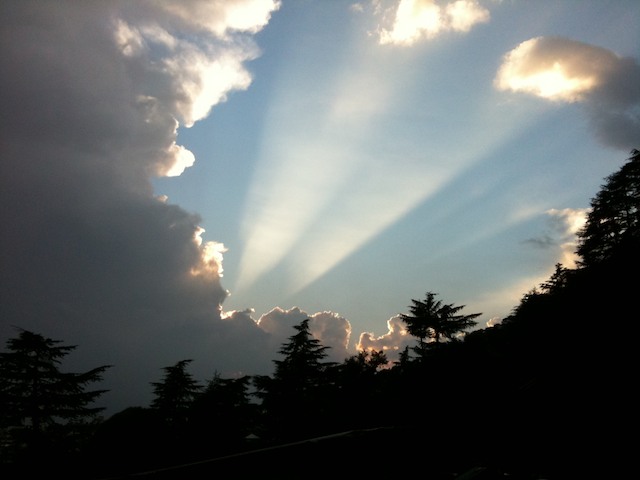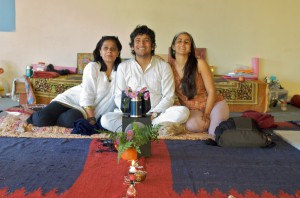Internetfree Time
So my SIM card for the USB stick is still blocked and Vodafone-care is pretty careless. Luckily the SIM card for my phone doesn’t make any trouble. For the moment I can connect to the net only when I’m around a WiFi hotspot, like at the Moonpeak Coffeebar in Mcleodganj. Besides the hotspot these guys got also some good coffee, bread and other stuff to eat. Nice music playing and next to it is the Vodafone shop, so I’ll wait until the boss comes back, who hopefully is able to fix my blocked sim card. Meanwhile I enjoy a nice espresso with a drop of milk 😉
If you ever come to India, better go for a prepaid sim card at the place where you’ll be around most of the time. India’s mobile phone system is organized quite federal, which makes you pay roaming fees, if you are in another state than the one where you got your sim card from. Nice for the phone companies though.
I also have to admit, that I’m not in a big hurry to get connected every day. Internetfree time gives you a different kind of freedom, freedom to read a book for example and I’m reading 3 books in the moment 🙂
The TTC is finished and now?
So, the Yogalife TTC is over, I got my paper and may call myself a yoga teacher now 😉
What remains is a trace of melancholy on one side, as all the nice people left quite some time ago, either to some other place in India, like Rishikesh or Goa or back home to their daily life. On the other side I’m happily digesting all the valuable input I received through this training. It’s not only all the practical hints and tips for corrections of postures or different alignment for different body types, but also a lot of theoretical knowledge, which we partly only touched on the surface as the time for everything would have been way too short. Currently I’m looking a bit deeper into Yoga philosophy and history. Numbers mentioned in books, how old the tradition of Yoga is, often seams to me simply to big. I just can’t believe that 5000 years ago at the end of the stone age, some people were following a yogic lifestyle. There might have been shamans, but until now I couldn’t find any information, which would convince me. So I need to dig a bit deeper to not become a myth and tale teller 😉 Anyway sorting out the history questions will consume much less time, than getting deeper into the yogic philosophy as that goes much deeper down the rabbit whole than the question, what’s the sense of life. Doing and investigating Yoga is like taking the red pill and letting go the blue pill, with everything what is connected to it.
Halleluja, ehh?
In the afternoon I go with Sanja again to the lectures from Chamtrul Rinpoche. Last week it was about Dream Yoga. Pretty interesting. He says this practice can help controlling consciousness and controlling it while entering the state of Bardo as well. Bardo is the state one enters according Tibetan Buddhist teachings, when one dies. Sometimes highly practices people can also dissolve in a rainbow body after they passed away and all what remains are their cloth in which they passed away. This week Chamtrul Rinpoche will teach more about the 3 stages of Bardo, so I’m looking forward to get some more insight and understanding about this, which looks so strange to me.
Tibetan teaching is so much different than the Japanese one. When someone passes away in Japan, he or she gets a Buddhist name, called kaimyo and it is believed that the person will become a Buddha and enters the pure land. Not so in the Tibetan tradition. Karma, the result of your actions or better of ones motivation to do something, is quite strongly stressed. Therefore a lot of practices are connected with purifying this karma and you’ll find here a lot of wheel of life tankas in the shops, which are not so often seen in Japan. Buddhist tradition is present in Japanese society in a much more subtle way, than it is in the Tibetan society. To me going into the rainbow looks much more appealing than entering the pure land, which reminds me on a Bavarian song about Alois, a guy from Munich sitting all day long on a cloud and singing ‘Halleluja’ 😀
